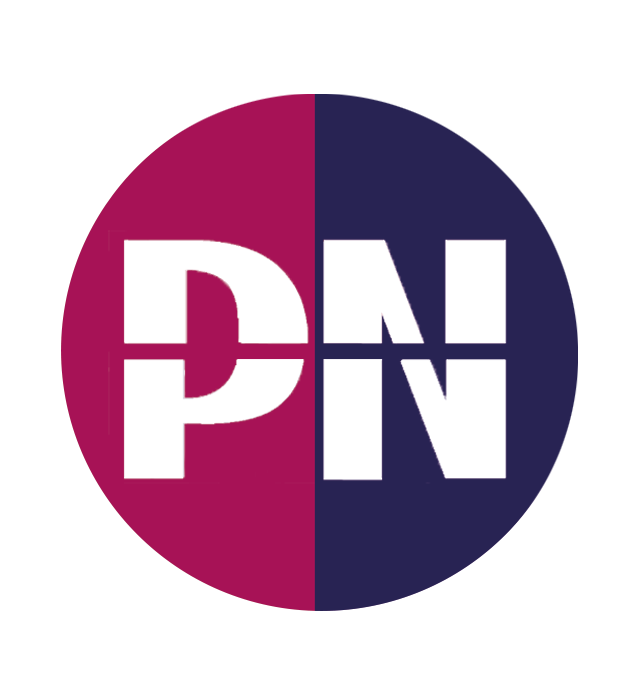In today’s increasingly globalised business world, many companies are expanding their operations across borders, leading to a more diverse and international workforce. While this diversity brings numerous benefits—such as a wider range of perspectives and skills—it also presents unique challenges, particularly for human resources (HR) departments. One of the most significant challenges is bridging cultural and language barriers to ensure smooth communication and effective HR management.

The Importance of Effective Communication in Global HR
Effective communication is the foundation of successful human resources management. Whether it’s communicating company policies, outlining employee benefits, or resolving workplace conflicts, HR departments must ensure that all employees—regardless of their location or native language—are fully informed and engaged.
However, when managing a global workforce, communication can become more complicated. Employees in different countries may speak different languages, adhere to different cultural norms, and interpret messages differently based on their cultural backgrounds. Without clear communication, misunderstandings can arise, leading to disengaged employees, compliance issues, and operational inefficiencies.
This is where professional HR translation services become essential. By translating HR materials into the languages spoken by employees, companies can ensure that all team members are on the same page, fostering clearer communication and better engagement.
How Language Barriers Affect HR Management
Language barriers in HR can have far-reaching consequences, particularly when it comes to key HR functions such as recruitment, onboarding, employee relations, and policy enforcement.
Let’s take a closer look at some specific areas where language differences can pose a challenge:
- Recruitment and Onboarding: When recruiting international employees, HR departments need to provide job descriptions, application forms, and onboarding materials in the candidates’ native languages. Failure to do so can result in miscommunication during the hiring process and a lack of clarity during onboarding, leading to confusion about roles and expectations.
- Employee Handbooks and Policies: Employee handbooks are vital for communicating company policies, codes of conduct, and workplace safety guidelines. If these documents are not properly translated, international employees may misunderstand their responsibilities or unknowingly violate company policies.
- Legal Compliance: In many countries, employment contracts, benefits packages, and compliance documents must be provided in the employee’s native language to meet local legal requirements. Inaccurate translations could lead to legal issues or disputes, as employees may not fully understand their rights or obligations.
- Employee Relations and Conflict Resolution: Clear communication is key when resolving workplace conflicts or managing employee relations. Misunderstandings caused by language barriers can exacerbate conflicts or lead to poor outcomes in negotiations and discussions.
By addressing these language challenges, HR departments can create a more inclusive environment where employees feel supported, valued, and informed.
The Role of Cultural Understanding in HR Translation
While overcoming language barriers is essential, it’s equally important to consider cultural differences when translating HR materials. Cultural norms and values can significantly influence how messages are perceived and understood. For instance, a phrase that is acceptable in one culture may be inappropriate or confusing in another.
Cultural understanding is particularly important in the following areas:
- Employee Behaviour and Expectations: Different cultures have different expectations regarding workplace behaviour, hierarchy, and communication styles. For example, some cultures may value direct communication, while others may prefer a more indirect approach. HR materials need to be adapted to reflect these cultural differences.
- Workplace Etiquette: Guidelines around workplace behaviour, such as punctuality, dress code, and communication protocols, can vary widely across cultures. Translating HR materials without considering cultural nuances can lead to misunderstandings or even unintentional offence.
- Performance Feedback: In some cultures, giving and receiving feedback is a straightforward process, while in others, it may require more subtlety or sensitivity. Translating performance review materials with cultural awareness ensures that feedback is communicated in a way that is both clear and respectful.
Professional HR translation services not only translate words but also ensure that the message is culturally appropriate, maintaining the intended meaning while avoiding potential cultural misunderstandings.
How Professional Translation Services Bridge the Gap
To successfully manage an international workforce, HR departments need to ensure that their communications are both linguistically accurate and culturally sensitive. Here’s how professional HR translation services, such as those provided by Prestige Network, can help:
- Accurate Translation of Key Documents: From employment contracts and handbooks to training materials and benefits guides, professional translation ensures that all HR documents are translated accurately, leaving no room for misunderstandings or misinterpretation.
- Cultural Adaptation: Professional translators who specialise in HR translation understand the cultural context behind the documents. They adapt the content to align with the cultural expectations of the target audience, ensuring that employees not only understand the information but feel comfortable with it.
- Legal Compliance: In many countries, providing translated HR materials is a legal requirement. Professional HR translation services ensure that all documents comply with local laws, helping companies avoid potential legal issues.
- Consistency Across Global Teams: Consistent communication is key to managing a global workforce. By translating materials into the appropriate languages, HR departments can ensure that all employees receive the same information, regardless of location or language.
Conclusion
As businesses continue to expand globally, HR departments face increasing challenges in managing diverse, international teams. Language barriers and cultural differences can complicate communication, leading to misunderstandings, disengagement, and compliance issues. However, with the help of professional HR translation services, companies can bridge these gaps, ensuring that all employees are fully informed, engaged, and supported.
At Prestige Network, we specialise in HR translation services that not only deliver accurate translations but also take cultural nuances into account. Contact us today to learn more about how we can help your HR department communicate effectively with a global workforce.






